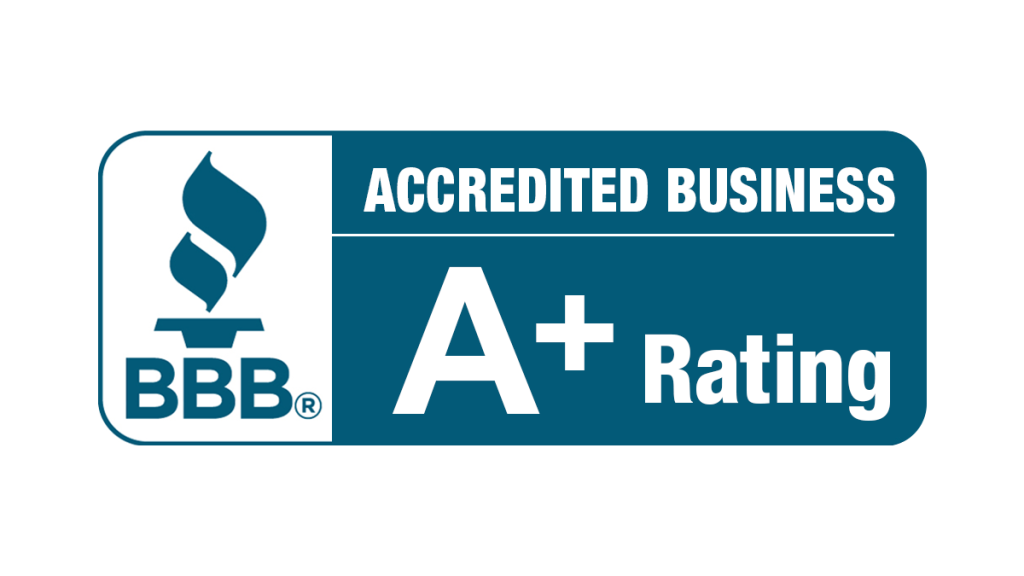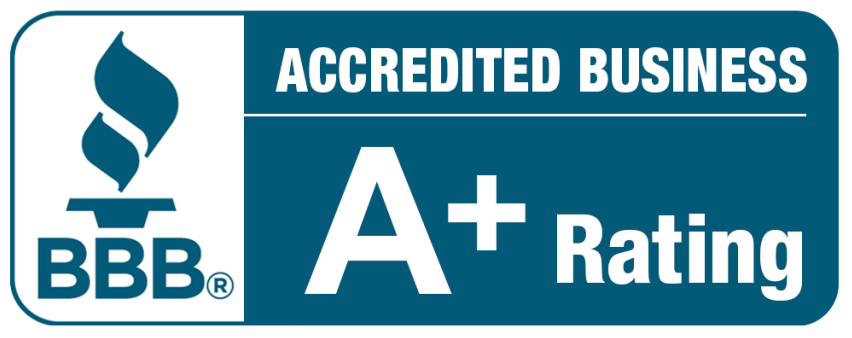
The HVAC industry has the primary function of maintaining correct temperatures inside either our homes, offices, or commercial buildings. However, have you ever thought about what HVAC really represents? In this blog post, we will look at the meaning of HVAC, its presence in today’s commercial market, its functions, and how it can contribute to the growth of your business.
Let’s dive straight in!
Exploring the Meaning of HVAC
The acronym HVAC stands for heating, ventilation, and air conditioning. It is the term that includes all the systems, equipment, and technology that are used to regulate the indoor environment’s temperature, humidity, and air quality. This includes your A/C, heat pump or furnace, and air ducts. The term HVAC, because of its great popularity, has become the industry abbreviation for all heating, ventilating, and air conditioning systems.
Understanding the Acronym
To fully explain the meaning of HVAC, let’s break down each of the steps for you.
Heating: The heating function of HVAC systems includes equipment that generates heat, like heating systems and space heaters. They keep the indoor temperature at a comfortable level during the colder seasons. By means of that, it may entail the use of furnaces, boilers, and electric heat pumps.
Ventilation: Ventilation helps improve the quality of indoor air. Thanks to its ability to flood confined spaces with fresh air. It’s responsible for replacing old indoor air with fresh and treated outdoor air. Ventilation systems can be either natural ventilation, through the opening of windows, or mechanical ventilation, through the use of fans, ducts, and air handlers.
Air conditioning: also known as the cooling system, is one of the HVAC components. AC units are responsible for the regulation of temperature, humidity, and air cleanliness, thus providing comfort during the warmer seasons. The air conditioning systems, which could be a ductless system or a ductwork including central air conditioners, window units, and ductless mini-split systems, are in charge of the cooling process and also remove excess moisture by venting hot air outdoors from indoor spaces.
Heat pumps are now the favorite choice of many. This is owing to their simple nature, which both warms and cools indoor settings effectively. This technology relies on electricity; through the outdoor unit, it extracts warm air from outside space or the ground during colder months and transfers the heat indoors for heating. During the summer, heat pumps can work in reverse by utilizing the same principle; this time around, through the indoor unit, it takes heat from indoor air and releases it outside to produce cool air in the indoor space. The main difference between heat pumps and conventional air conditioners is a component called the reversing valve, which allows heat pumps to both heat and cool a space. An electric furnace, which has compatible technology and enhances the heating capabilities of the heat pump, is typically used in conjunction with natural gas, which is a common fuel source for furnaces.
Relevance in Today’s Businesses
Now that we know where the initials used in HVAC came from, let’s look at how they apply to modern businesses. HVAC is a major factor to be considered in commercial buildings, where temperature regulation, high quality of air, and overall comfort of rooms must be provided.
Central heating systems, mostly powered by boilers or heat pumps, ensure a comfortable condition and warmth in the entire building of large business structures. Such systems guarantee a balance of temperature throughout the building, which in turn facilitates employees in their work and creates a welcoming environment for clients and customers.
Cooling systems, like central air conditioners, are used in the buildings to keep residents at comfortable temperatures even in the hot summer months. Through its outstanding thermal control, it heats spaces during the winter and cools them during the summer. Through this, you provide a comfortable working environment that improves the productivity and effectiveness of your workers.
Besides controlling the temperature of a confined space, HVAC systems can also control the quality of the indoor air. Air pollution has been found to spawn health problems and discomfort in the business space, as well as lower productivity levels. Utilizing ventilation systems, air filters, and even air purification technologies, HVAC systems are very capable of removing pollutants, allergens, and odor-causing substances and creating favorable indoor air quality. This is why having a well-maintained packaged system is crucial for businesses today.
The Role of HVAC Systems in Businesses

Now that we have understood the importance of HVAC systems in businesses, we will go deeper to investigate their role. Heating, ventilation, and air conditioning systems, which act as the heart of commercial facilities, are on a mission to preserve humidity and comfortable temperature conditions and to breathe life into the indoor environment. Efficient filtration, humidification, or heating of the air all contribute to generating a good environment in which employees can work productively and customers are satisfied, leading to the success of your business.
Importance of Temperature Control
Temperature control is a critical aspect of heating, ventilation, and air conditioning systems, whether it’s in a four-story office complex or a two-bedroom apartment. For example, imagine working in a super hot or super cold office; it could be very difficult to find time to concentrate and be productive in such conditions. Also, having to endure unbearable indoor temperatures when working at the office can affect your physical and mental comfort and well-being.
HVAC systems are constructed to maintain a specific preferred temperature in a closed space. From having a comfortable environment to improving the productivity of your employees, those are some of the main reasons or advantages why HVAC is necessary.
With the help of these systems, you can control the temperature you want to feel at a particular time, regardless of the extreme weather conditions. The furnace provides you with a warm environment during winter, preventing you from shivering, and it allows your space to be cooled during summer, preventing unnecessary sweating. An HVAC system that is in good running condition eliminates the need for you to guess how to control the indoor temperature of your home, so you can concentrate on other important things at work. The thermostat, particularly smart thermostats, allows you to easily set and maintain your desired temperature, providing comfort and energy efficiency. Understanding the different types of HVAC systems is crucial in choosing the right one for your home and ensuring efficient temperature control.
Impact on Employee Productivity and Client Comfort
The indoor space is a crucial area that both motivates staff productivity and sustains a level of coziness for customers. The unbearable temperature swings, low air quality, and discomfort caused by the high humidity levels can tire the workers and reduce their overall productivity level. A conducive indoor environment that optimally promotes work productivity and client comfort is where HVAC systems become a key player.
Research has revealed that employee efficiency is improved when they work in a condition that makes them comfortable. Keeping indoor air comfortable helps improve the mood, attention, and performance of the employees. A good place of work also minimizes employee absenteeism and turnover. With an HVAC unit, you can make your business a more established and promotional one.
Besides your employees, when it comes to your customers, you need to prioritize comfort to ensure their periodic engagement. Regardless of whether it is a store, restaurant, or office environment, offering a comfortable environment gives customers an excellent experience. Customers in an agreeable, well-tempered environment tend to take a long time to enjoy and, in turn, browse through the products. In such a way, you effectively enhance customer satisfaction and loyalty.
In addition, HVAC systems also critically influence the quality of the air, which can also affect the health of employees and even customers. Air purifying technology like efficient ventilation systems, air filters, and air purifiers helps to eliminate air contaminants, allergens, and bad smells. Therefore, the indoor atmosphere becomes more healthy. Elimination of poor air quality found within your business space would tend to reduce the risk of respiratory issues, allergic reactions, and diverse diseases, making certain that the health of both the working staff and visitors will be completely maintained. This is a way to show care for your employees and your customers. And trust me, they would notice.
Why is an efficient HVAC system crucial for your business?
An efficient HVAC system is very important in business. It has a direct impact on energy expenses, indoor air quality, employees’ productivity, and the satisfaction of a customer. Here are a few reasons why efficiency matters:
- Energy efficiency: The energy-saving HVAC system allows you to considerably minimize your huge energy bills. By optimizing energy consumption, you can cut energy costs and allocate resources effectively.
- Indoor air quality: Indoor air quality is directly dependent upon the proper functioning of HVAC systems. By removing pollutants, allergens, and odors, HVAC systems ensure a healthy environment for the inhabitants. The fully functioning and well-serviced system lowers disease risk caused by air impurities and helps create more comfortable working areas.
- Employee productivity: A comfortable indoor environment with controlled temperature and good air quality, boosts employees to be productive. Since they are comfortable and should bother less about the condition of their environment, they tend to concentrate more on work-related issues and stay motivated.
- Customer satisfaction: Businesses that care about the general welfare of their customers and clients attract a lot of customers with a high satisfaction rate. Whether it’s a retail shop, a restaurant, or a business office, maintaining a superior, cool climate will go hand in hand with overall customer satisfaction.
An efficient HVAC system is a capital asset for your business that will yield dividends in the future.
Key Takeaway
The role of HVAC systems in keeping businesses comfortable, effective, and productive cannot be overstated. Temperature control is one of the key factors for productive employees and satisfied clients. Whether it is an air conditioner, furnace heaters, or heat pumps, they play a huge role in your comfort. If you have any more questions or in case you need help with your heating and cooling system, including the design and installation of a proper duct system, do not hesitate to get in touch with the HVAC professionals.




